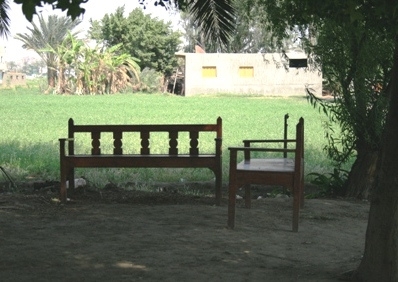
… So I have a question to ask you all about women, writing and self censorship. Why do women censor themselves? Why is our relationship to writing steeped in holding back?
“Does part of it have to do with being diplomatic and being brought up to please everyone? To not be angry or forthright?”
“Bas I don’t think the self censorship of diplomacy is always a bad thing. Women are diplomatic because this is “our art”. Many women have learned to get through, to get what they want, through being diplomatic, because they have no direct decision-making power. This is something we have to respect because it’s sometimes the only tool for some women.”
“There a philosopher in me (or probably someone I’ve read) who is saying that what doesn’t scare you isn’t worth writing about. So maybe it’s the fear. Fear of being criticized. Fear of hurting someone. Maybe it’s internalizing those forces that don’t want you to give your opinion about politics or religion or whatever topic…”
“Bas I think there’s something more to it than an issue of self confidence, or lack of, amongst women as a result of our socialization. Maybe it’s about women knowing that there is something deeper than what we are taught. That there is a deep knowledge coiled inside us that we are resisting to pull out. And that to bring this knowledge out means that so much of what we know and do will change, radically.”
“But that’s essentialism ya3ni. You’re assuming women have this hidden power that is inherent to their nature.”
“This is not just about essentializing womanhood. Part of this is about not having power for so long, not being part of the mainstream production of knowledge, so you gain a more comprehensive perspective on this mainstream culture. But you’re also able to give alternatives because you haven’t been completely subsumed within this culture.”
“Why do I censor myself? Because of all the taboos that restrict us. Because I know so much of what I will write is unmentionable to people. In every community I belong to. I can’t talk about being sexually harassed by our neighbor’s son with my parents; bas I also can’t talk about how all my sexual fantasies are a form of domination/submission power relation to my feminist community, masalan.”
“And I can’t talk about being attracted to men among some of my lesbian community.”
“Then there’s the censorship around spirituality, and my own coming out of the closet as a spiritual person, which is something as important to me as my coming out as a sexually active woman. All these inhibitions affect what I write or don’t write. I won’t write what won’t be read or what would make me seem as a mad woman.”
“So it’s about fear again. We are afraid of the consequences of disclosing our intimate experiences; not because they are trivial, but because we know they will leave an immense impact…”
“Yes, bas the fear isn’t just about sharing these intimate stories with our communities. Sometimes I can’t even write for myself alone. If I have done something I am not proud of; if I am afraid of confronting my own racism, I stop wanting to put my thoughts and feelings on paper, because they will be fixed there forever.”
“So censorship is about choosing silence? When there are many loud voices in your head, and you choose to either not say anything, or to acknowledge just one of these voices. Or when you don’t speak or write because it is not “cool” in a certain space. When the things my parents say about another sect is ringing loudly in my head but I go on pretending that sectarianism has never touched my life. This is a common self censorship of our experiences as well.”
“Yes, and some of us are always looking for spaces and people where we don’t need to filter our thoughts. The reason our leftist and feminist and queer communities are not perfect is because they are not always safe spaces for everyone. Not that we need to create leftistqueerfeminist spaces that permit racist jokes, or classist or homophobic remarks. But maybe our goal should be to create spaces safe enough to allow us to reflect on our backgrounds, on our thought processes, on what we have to unpack and unlearn, and what we need to learn all over again.”
*Inspired by true conversations with feminist friends.
Publisher:
Section:
Category:






